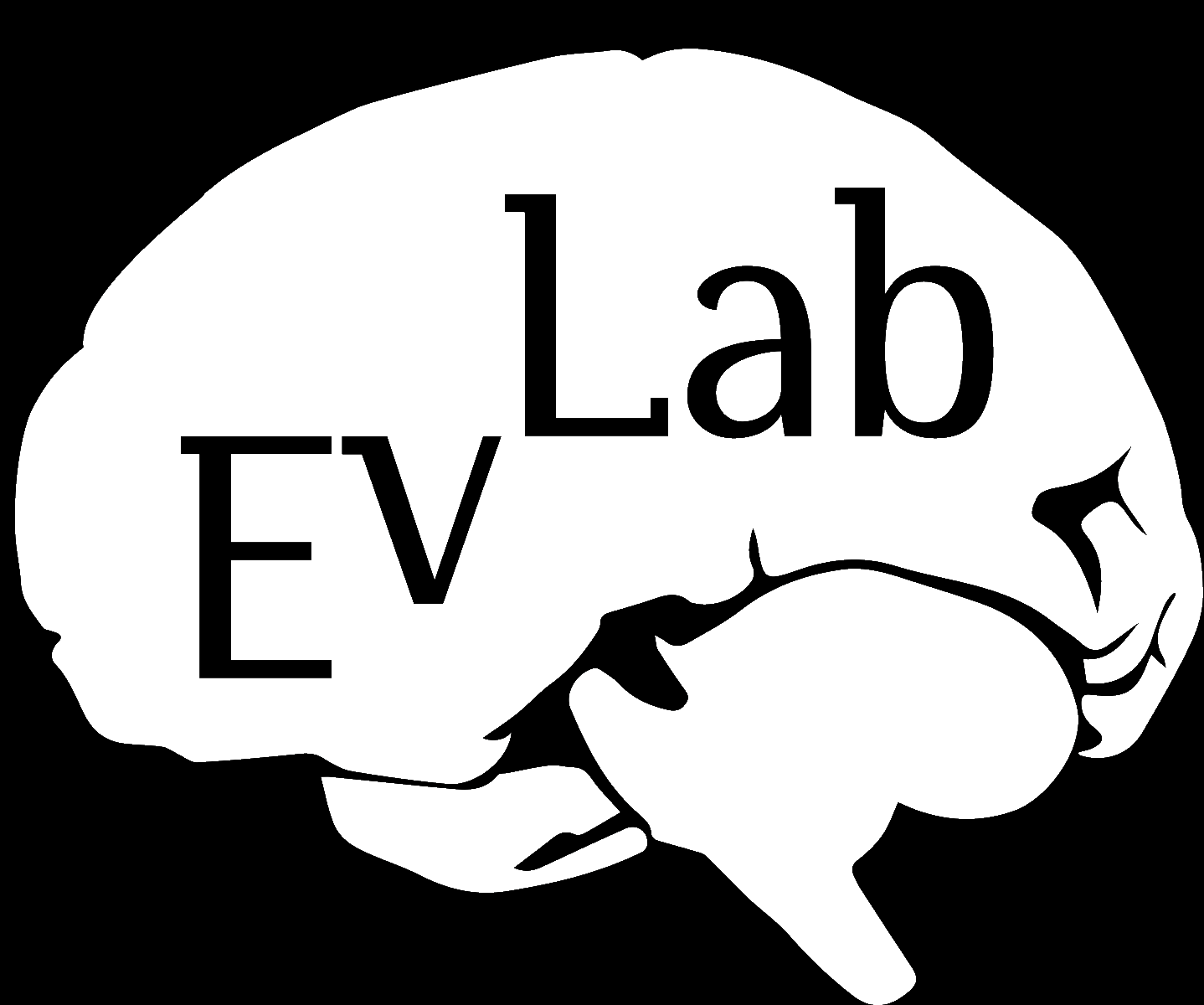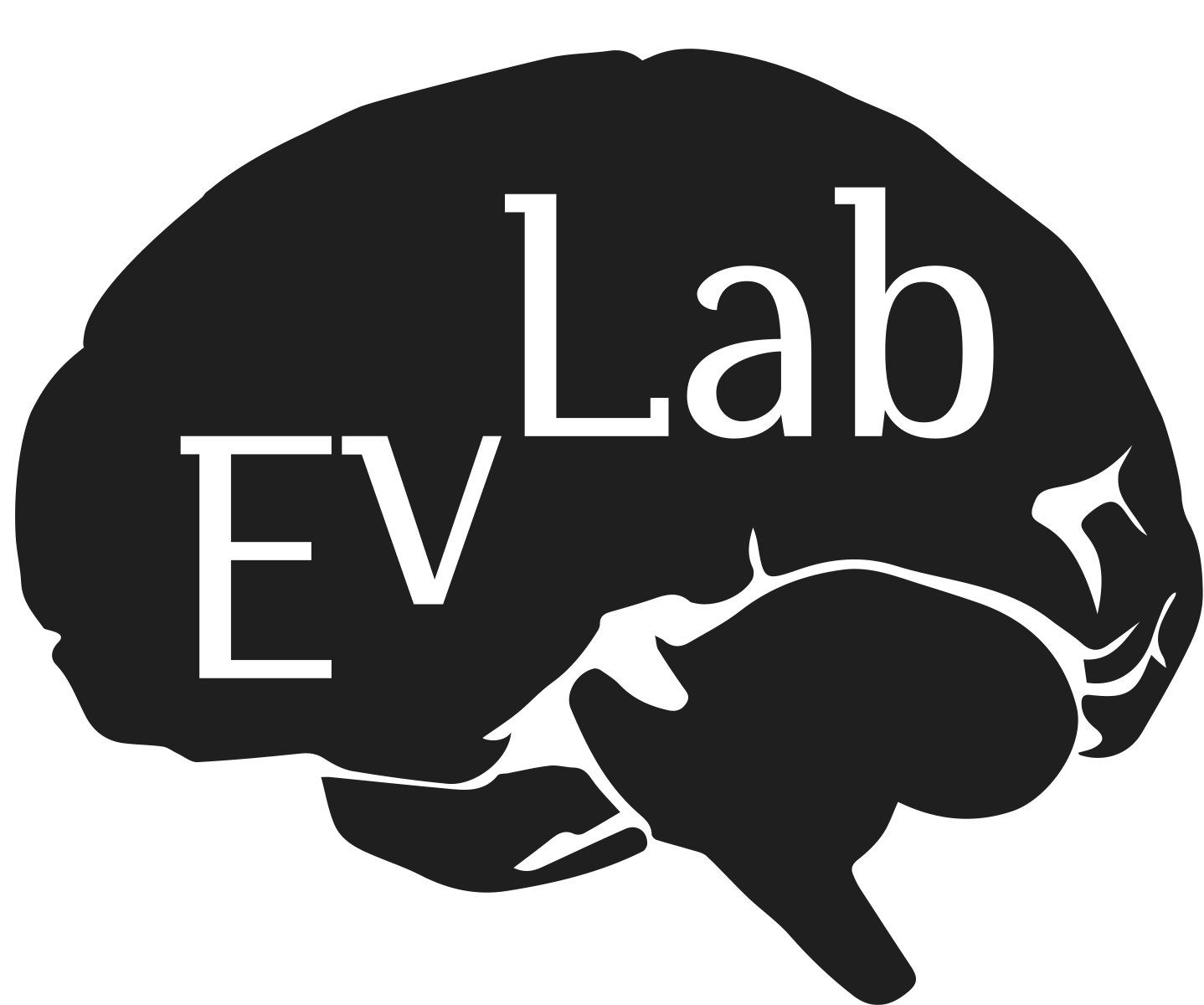Commitment to Open Science
One of our core values is improving transparency and reproducibility of scientific research.
There are several ways in which we try to contribute to this effort:
- We make all our language localizer paradigms (and some other localizer paradigms) publicly available. You can find them here. This includes a big effort to develop language localizers for typologically diverse languages—our Alice project.
- Together with Alfonso Nieto-Castañón, we developed an SPM toolbox (spm_ss) to facilitate individual-subject analyses. The latest version is available here. There, you can also find the main sets of ‘parcels’ we use to constrain the selection of individual fROIs.
- We increasingly share the stimuli and experimental paradigms from our studies on OSF (look for links in the published papers). If you’re interested in using any of the stimuli or scripts from older studies, please get in touch with Ev (evelina9@mit.edu).
- We are increasingly sharing fMRI data through OSF, too. If you’re interested in a dataset from an older study, please get in touch with Ev (evelina9@mit.edu). For many older studies, we cannot share raw data because of IRB constraints, but we can typically share individual activation maps and/or time-series extracted from the fROIs.
- We have been working on trying to replicate (conceptually or directly) a number key findings from the literature. Several papers have been published: Blank et al. (2016), Siegelman et al. (2019), Jouravlev et al. (2019), Uddén et al. (2019), Blank & Fedorenko (2020), Fedorenko et al. (2020). Several others are in preparation.
- We are working on creating several probabilistic activation atlases for core brain networks based on hundreds of individuals we have scanned since ~2007 on robust localizer paradigms. Such atlases allow one to estimate for any given coordinate in a template space (e.g., from a traditional group-averaging study, or from a meta-analysis of activation peaks) the likelihood of falling within a network of interest, thus facilitating comparisons of results across studies. Coming soon!

